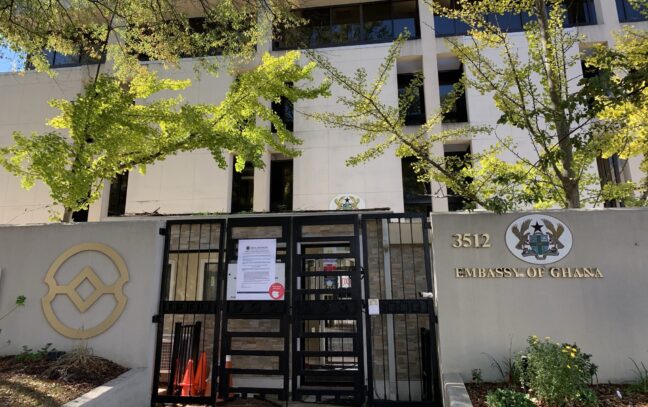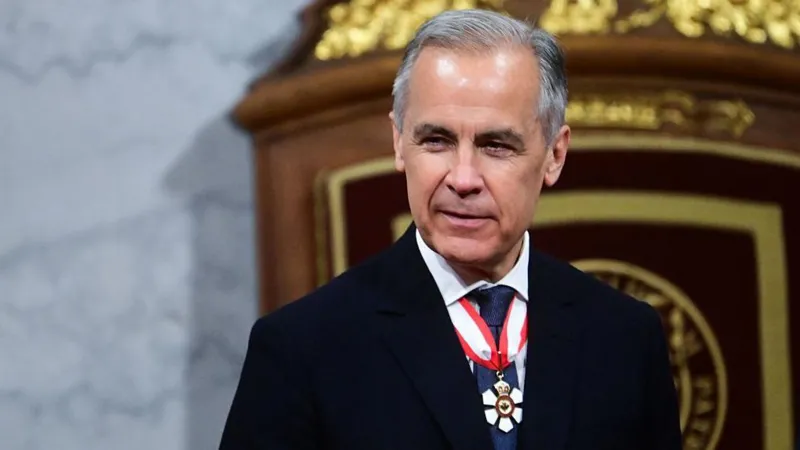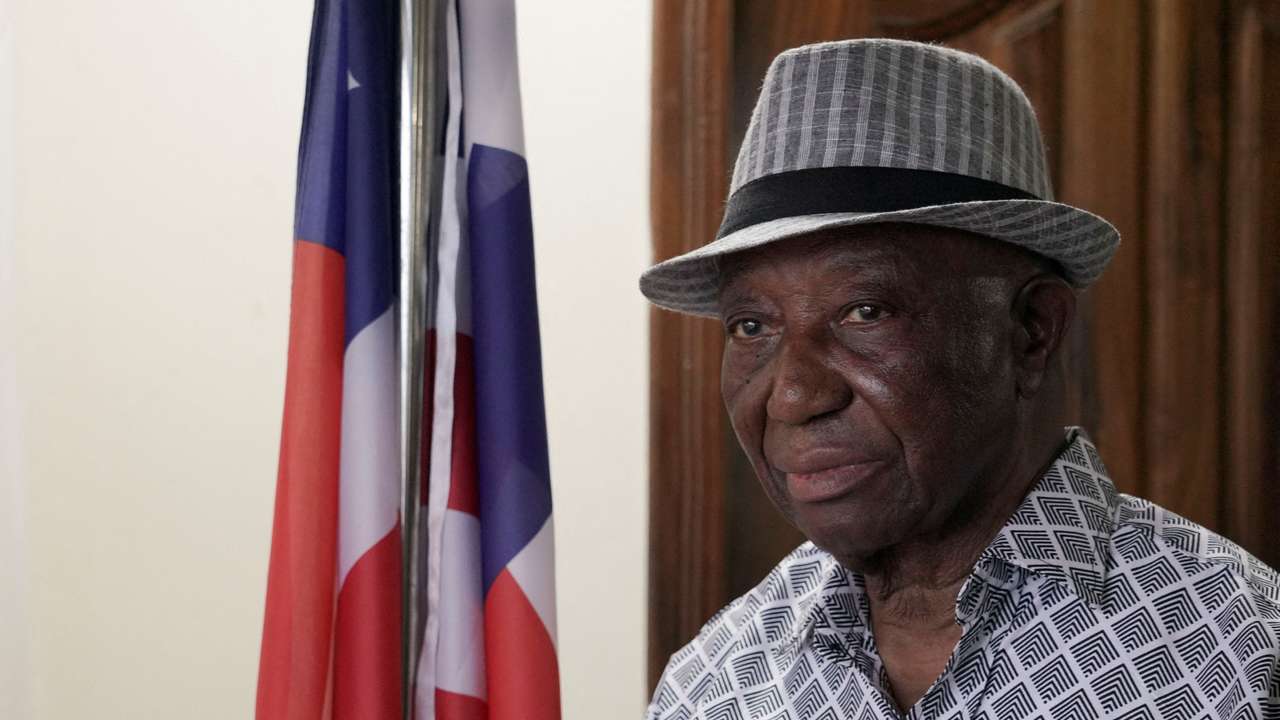Hungary's parliament votes to limit rights of dual nationals and LGBTQ+ people

Hungary's parliament has backed a range of constitutional amendments which will limit the rights of LGBTQ+ people and dual nationals.
The amendments, which the government says are aimed at protecting children's physical and moral development, will enable it to ban public LGBTQ+ gatherings.
Hundreds gathered outside parliament to protest against the move, which rights campaigners have labelled a "key moment in Hungary's shift toward illiberal governance".
Prime Minister Viktor Orban, whose Fidesz party voted through the bill, vowed in March that an "Easter cleanup" of his critics was coming.
The vote passed with 140 members voting for and 21 against.
The amendments will also enable the government to temporarily suspend the citizenship of any Hungarian dual nationals who are deemed a threat to the country's security or sovereignty.
Fidesz has suggested that the move is aimed at those who finance "bogus NGOs, bought politicians and the so-called independent media" from abroad - leading some to speculate it is, in part, intended to target Hungarian-American philanthropist George Soros, who Orban has frequently criticised.
The amendments follow a law passed last month that banned LGBTQ+ pride marches on alleged grounds they are harmful to children.
Orban praised the legislation at the time, saying: "We won't let woke ideology endanger our kids."
Speaking to the BBC, opposition Momentum MP David Bedo said: "It's not just about pride, it's about any assembly that is organised by the opposition."
"This is only the first step they're taking in this one year campaign, and we are going to see many more laws enacted and passed in parliament that is very much against any democracy or any rule of law," he added.
Government spokesperson Zoltan Kovacs wrote on X that those in government viewed the changes as a "constitutional safeguard against ideological influences that they argue threaten the well-being of children, particularly in the context of events like Pride parades".
The changes are seen by some within Hungary as an attempt to reshape the country's identity along Christian-conservative lines.
Viktor Orban's party has been in office since 2010. But polls suggest that the new centre-right party Tisza is in the lead nationally ahead of next year's parliamentary election.
Tisza, which wants a more constructive relationship with the EU, shot up in popularity after Peter Magyar, a one-time Fidesz politician, broke with the ruling party in February 2024 over what he said was its poor running of Hungary.
The government hopes to force Peter Magyar to come out in favour of Pride - and thereby alienate his more conservative supporters. He has refused so far to take the bait.
Source: BBC






















:max_bytes(150000):strip_icc():format(webp)/Health-GettyImages-ToothpasteOnAcne-4ea4cfedb2224b0fb601e61b59913d06.jpg)

:max_bytes(150000):strip_icc():format(webp)/Health-GettyImages-1884986319-66db20f6180d468f8183118af4d289ff.jpg)































